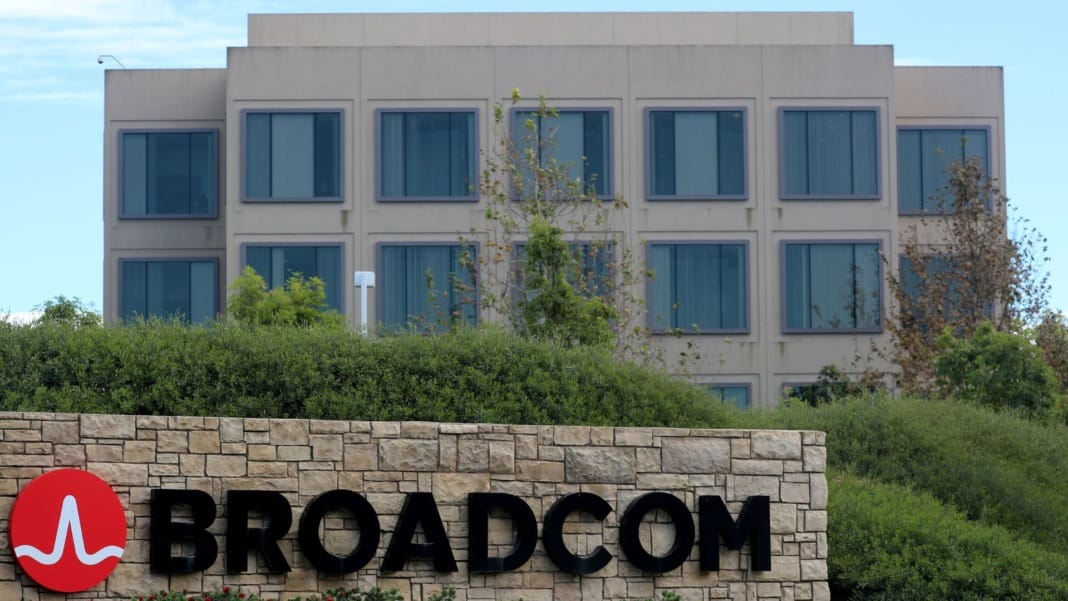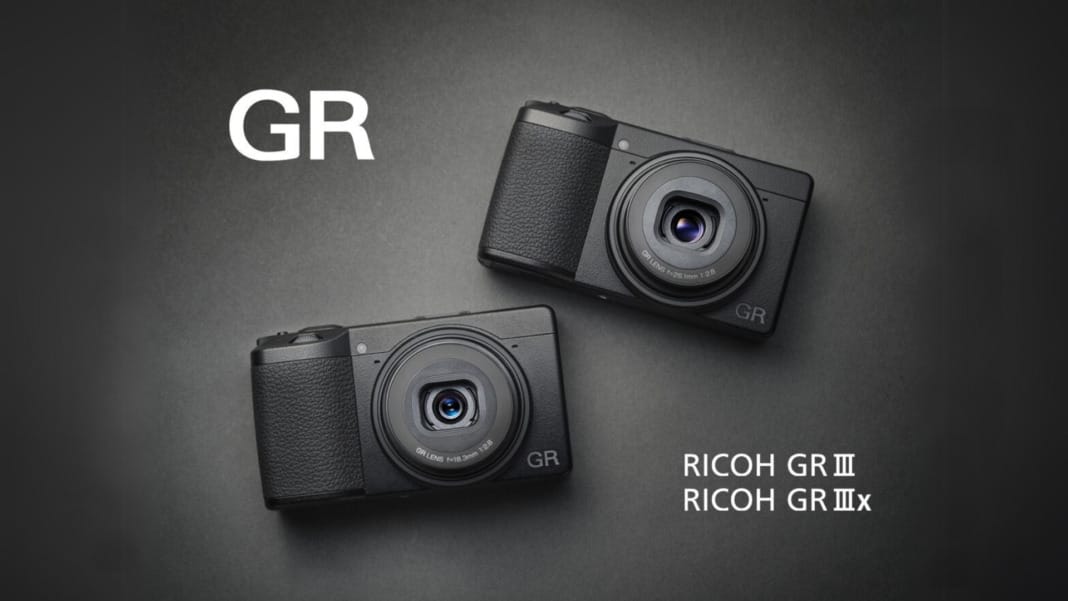US trade restrictions have placed significant pressure on Chinese companies, especially those that rely on advanced AI hardware to stay competitive in the global market. Nvidia, a key player in this space, has been forced to adjust its product offerings to comply with export regulations. These developments have led to surprising shifts in the GPU industry.
Nvidia launched the H20 GPUs, scaled-down versions of the more powerful H100 units, to meet export control requirements. Despite being tailored for these regulations, the H20 chips still have a steep price of around US$10,000 per unit. Despite their high cost, these GPUs remain in limited supply, further complicating the situation for Chinese firms needing access to top-tier AI technology.
This scarcity has fuelled the rise of a black market where Nvidia’s high-end GPUs, such as the H100 and A100, are sold at premium prices. However, for companies like ByteDance, the parent company of TikTok, taking part in these illicit markets is not an option, especially given their already tense standing with US authorities.
ByteDance takes charge: Developing its own AI chips
ByteDance, a major player in the AI industry, has been investing heavily in AI hardware. In 2024 alone, the company reportedly spent over US$2 billion on Nvidia’s H20 GPUs. Now, ByteDance is looking to cut its reliance on Nvidia by developing its own AI GPUs. Reports from The Information indicate that ByteDance is working on two AI chips: one designed for AI training and the other for AI inference.
These chips will be produced using Taiwan Semiconductor Manufacturing Company’s (TSMC) advanced N4/N5 process technology, which is used in Nvidia’s latest Blackwell GPUs. This move suggests that ByteDance aims to become more self-sufficient in AI, potentially reducing its need for Nvidia’s hardware.
Broadcom, known for designing AI chips for companies like Google, will reportedly take the lead in developing these new GPUs. The chips are expected to enter mass production by 2026. Should ByteDance successfully transition to its hardware, it would significantly shift the Chinese tech industry’s reliance on Nvidia.
ByteDance’s challenges: A tough road ahead
Despite ByteDance’s ambitious plans, the company will face several challenges. While Chinese companies have been working on their own AI hardware, many still depend on Nvidia for the most demanding tasks. Even if ByteDance’s chips prove successful, the company must decide whether it can fully switch away from Nvidia’s technology.
One of the major hurdles ByteDance must overcome is software compatibility. ByteDance currently relies on Nvidia’s CUDA platform and software stack for AI training and inference. Should ByteDance transition to its own AI chips, it must develop a new software platform that works seamlessly with its hardware. This is a complex and resource-intensive task that could take years to perfect.
However, if ByteDance can navigate these challenges and bring its AI chips to market, it could present a real challenge to Nvidia’s dominance in the AI industry. Broadcom’s involvement in the project is also noteworthy, suggesting that major chip designers are paying close attention to the shifting landscape of AI technology.





